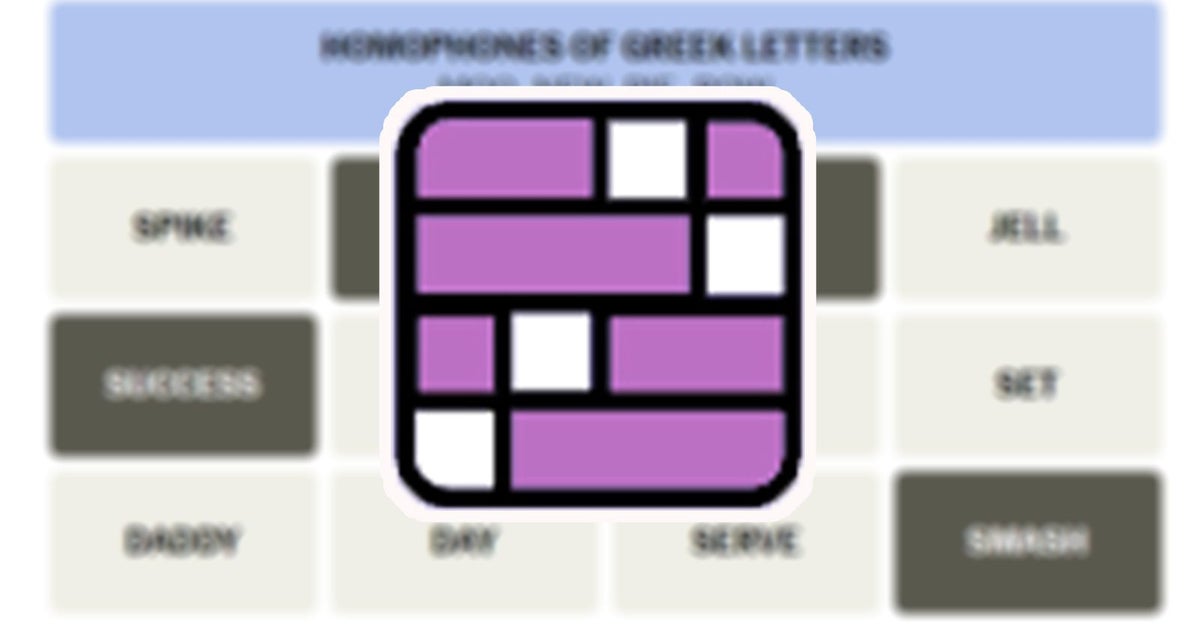Even if you have a strong password for your online accounts, they are currently no longer safe from hackers. We’ll tell you why this is the case and what you need to do now.

A strong password is extremely important for the security of your data. (Source: jamdesign / depositphotos.com)
Although your passwords are often the only thing th at protects your accounts and sensitive data from unauthorized access, their importance continues to be underestimated. Too often, simple passwords are used or the same password for multiple accounts. This careless approach to cyber security will take its toll when the relevant accounts are hacked by cyber criminals.
The consequences can be catastrophic for you. The hackers then spread malware to your contacts via hijacked social media accounts, they buy things in online shops at your expense and if they have access to your online banking, the financial damage is even greater. Identity theft and the resale of your data on the darknet cannot be ruled out either.
10 billion passwords freely accessible
The probability of this happening to you was not nearly as high as it was at this time. A file with almost 10 billion unique plaintext passwords was published on a hacker platform. According to Security experts Users all over the world are affected by this incredibly large data leak.
You could be one of them. You can check it with a selection of tools. But regardless of whether your password was exposed when the data was collected or not, you should change all your passwords now. The incident shows how fragile the protection provided by a password can be if you do not take the right precautions. But it is not too late to protect yourself.
Changing passwords – this is what to do
Since you inevitably need an account for many services or apps, the number of online accounts you have can get quite out of hand. So first get an overview. You can also use the cleanup to delete accounts that you haven’t used for a long time. A positive side effect: the more accounts you delete, the less data is collected from you.
Tipp: Programs like Bitdefender Identity Protection can help you keep track of the sheer volume of accounts. The application finds all the accounts you have ever created, no matter how long ago it was.
Password management: These password rules are outdated
Write down, remember and pass on the password
Good password management protects your data. But many rules for secure passwords are now very outdated. We show you which rules still apply and which don’t.
As soon as you have collected all the accounts, you should change their passwords and replace them with a strong one. It is also important that you do not use the same password more than once. This will prevent hackers from using one stolen password to take over multiple accounts.
The process may be annoying, but in the end it is very worthwhile. The chances that your passwords, which have been in use for several years, have already been affected by a data leak are particularly high. Therefore, you should continue to change your passwords regularly.
A password manager can be particularly helpful when managing your passwords. The applications serve as a digital safe for your passwords, so you don’t have to remember each one. You can also use a password generator to create particularly secure passwords.
As an additional security measure, we recommend setting up two-factor authentication on all accounts where possible. This way, even if one of your passwords is cracked, hackers will still not be able to access your account.
If you go through this process regularly, you will be protected from hacker attacks and you won’t have to worry about the next data leak. To round off your cyber protection, we recommend installing an antivirus program. Then you will also be safe from malware attacks and phishing attacks.
- » Tipp: The best VPN providers for more security and data protection
- » Buy a balcony power plant: Comparison of the best solar systems
Don’t miss anything with the NETWORK-Newsletter
Every Friday: The most informative and entertaining summary from the world of technology!








